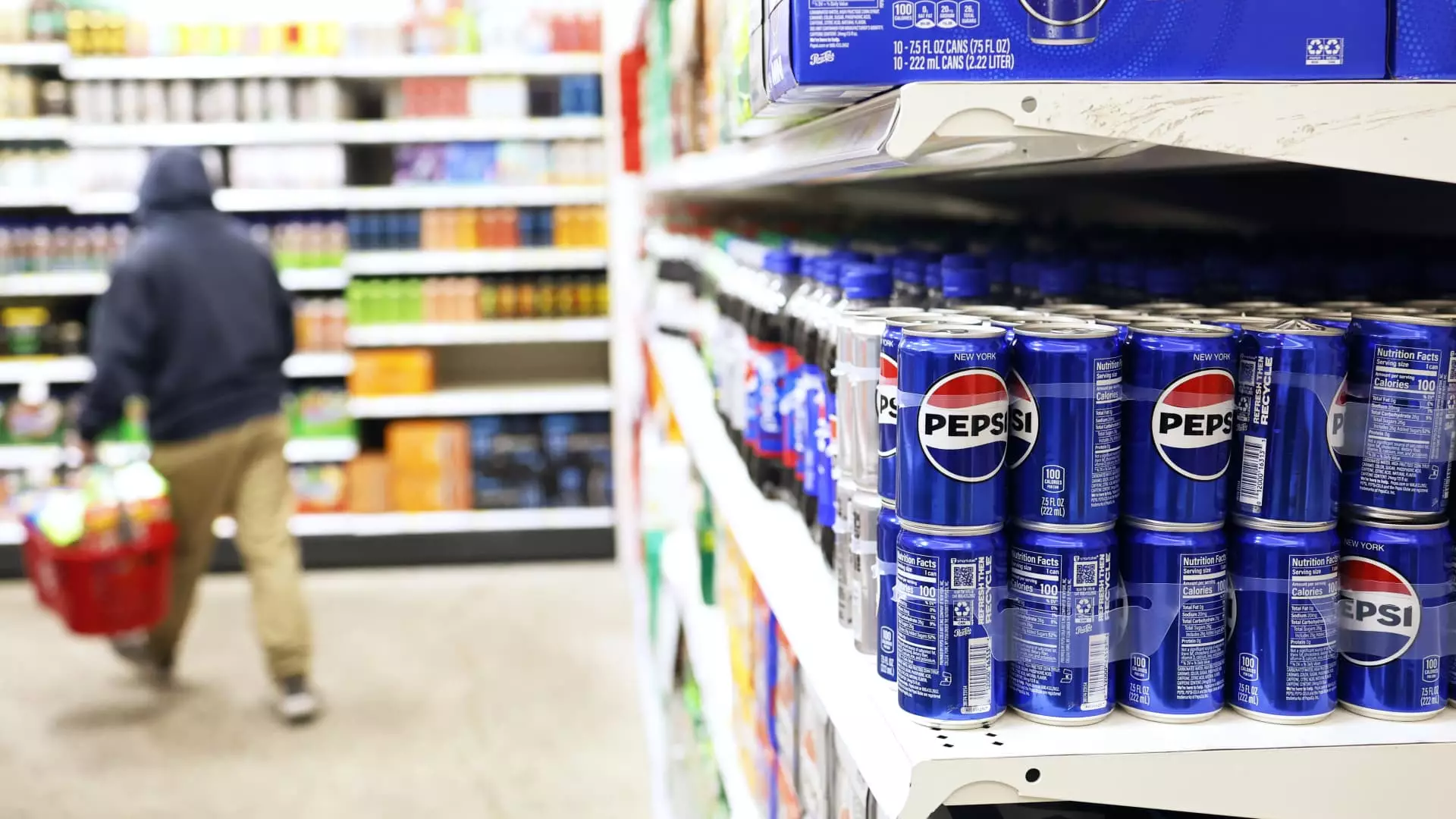In a significant legal move, the Federal Trade Commission (FTC) announced its decision to sue PepsiCo for engaging in unlawful price discrimination practices. The core of the complaint centers around accusations that PepsiCo provided a particular retailer—widely believed to be Walmart—with preferential pricing that gave it an unfair competitive edge in the market. This legal action flies in the face of the Robinson-Patman Act, a longstanding regulation designed to ensure a level playing field among sellers by prohibiting differential pricing for the same goods. The FTC argues that by extending exclusive promotional payments and allowances to Walmart—facilities not offered to other retailers—PepsiCo may have skewed the competitive landscape.
The Robinson-Patman Act, instituted in 1936, is crucial to protecting small businesses from being undercut by larger corporations that can afford to negotiate better terms. The law’s enforcement waned during the deregulation era of the 1980s, with the government largely abandoning strict oversight to promote market growth. In recent years, there has been a resurgence in regulatory scrutiny, with the FTC ramping up its enforcement efforts as evidenced by their renewed focus on corporate practices that may negatively impact competition.
The FTC’s current lawsuit against PepsiCo reflects this critical shift. By asserting that the company’s alleged practices have led to inflated prices for competitors, the Commission underscores its commitment to actively addressing market discrepancies that can harm consumers and small businesses alike.
In response to these serious allegations, PepsiCo vigorously denied any wrongdoing, claiming that its business practices align with the norms of the industry. The company’s statement characterized the FTC’s lawsuit as fundamentally flawed, implying that the Commission’s actions are politically motivated and misinformed. This assertion raises important questions about the motivations behind regulatory actions, especially in the context of changing political landscapes.
Interestingly, this lawsuit coincides with a transitional phase in the FTC’s leadership. The timing appears to reflect broader strategic priorities within the Biden administration, which has made significant moves against various corporate giants within its twilight period. As such, observers are left to speculate whether this legal battle represents a watershed moment for regulatory enforcement or merely a tactical maneuver amidst leadership transitions.
As the legal proceedings unfold in the Southern District of New York, the implications of this case could ripple across the entire food and beverage sector. Should the FTC succeed, it could embolden similar lawsuits and increased scrutiny directed at large corporations, setting a precedent that all companies must adhere to fair distribution practices.
Furthermore, with elements of the lawsuit remaining sealed and the agency seeking to unveil critical documentation, more revelations about competitive practices could emerge, shedding light on current market dynamics. This case could redefine how companies interact within the marketplace, particularly concerning pricing strategies and promotional practices.
Ultimately, the outcome will not only affect PepsiCo and Walmart but potentially reshape competition within the consumer goods industry, making it a pivotal moment worth closely observing.

